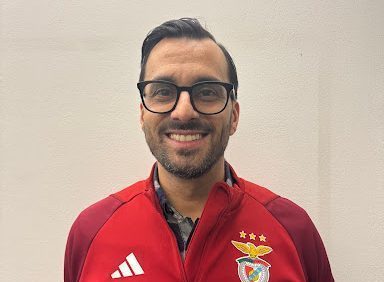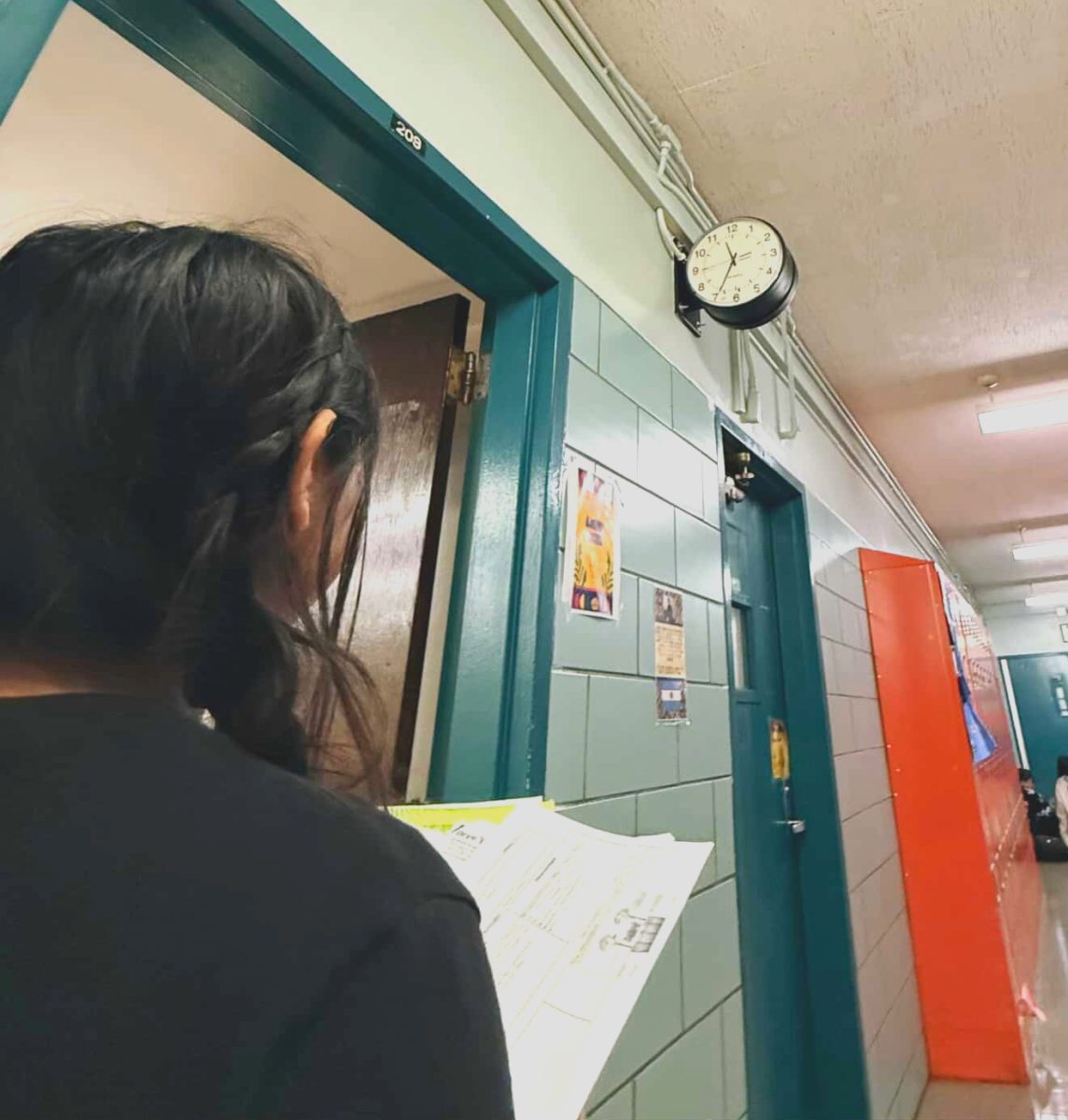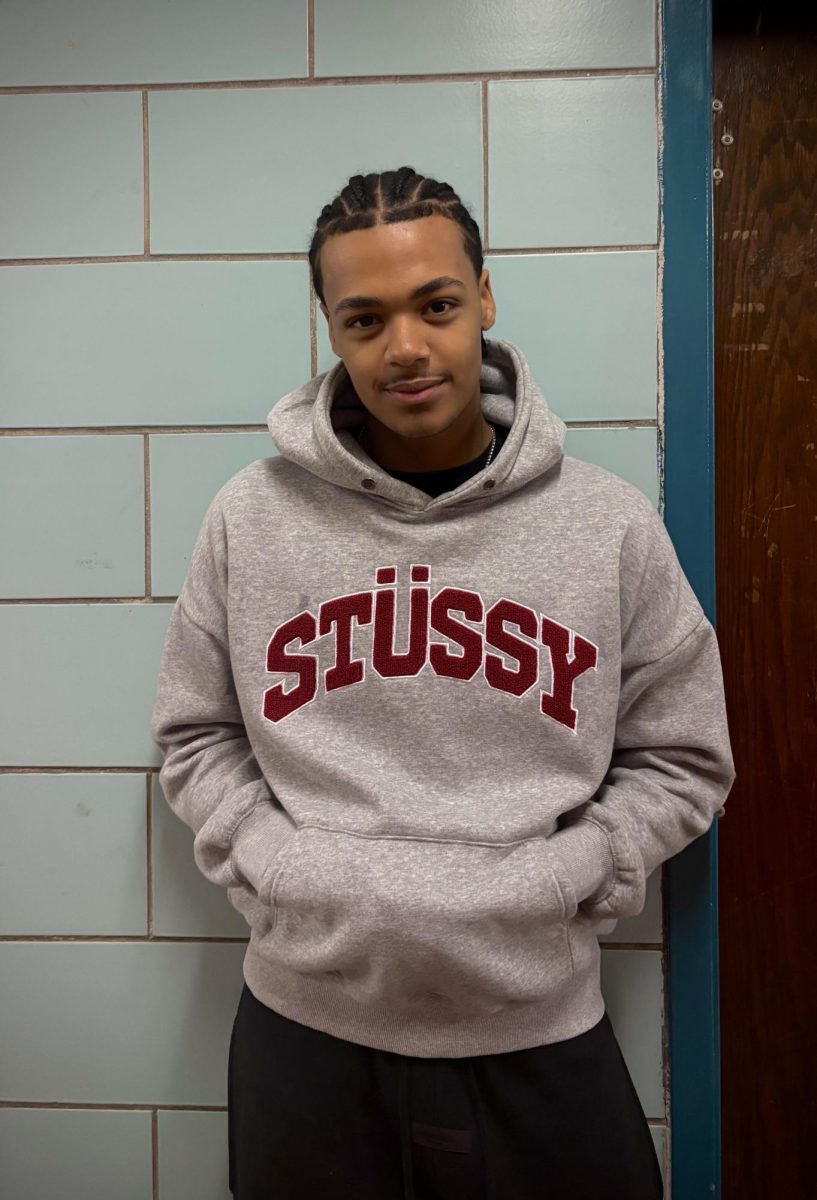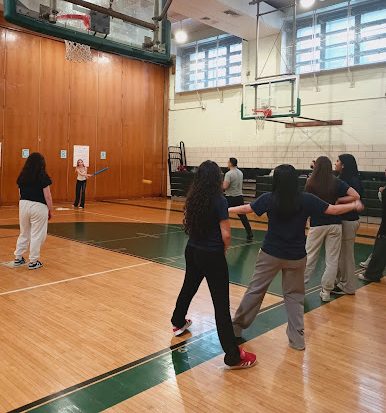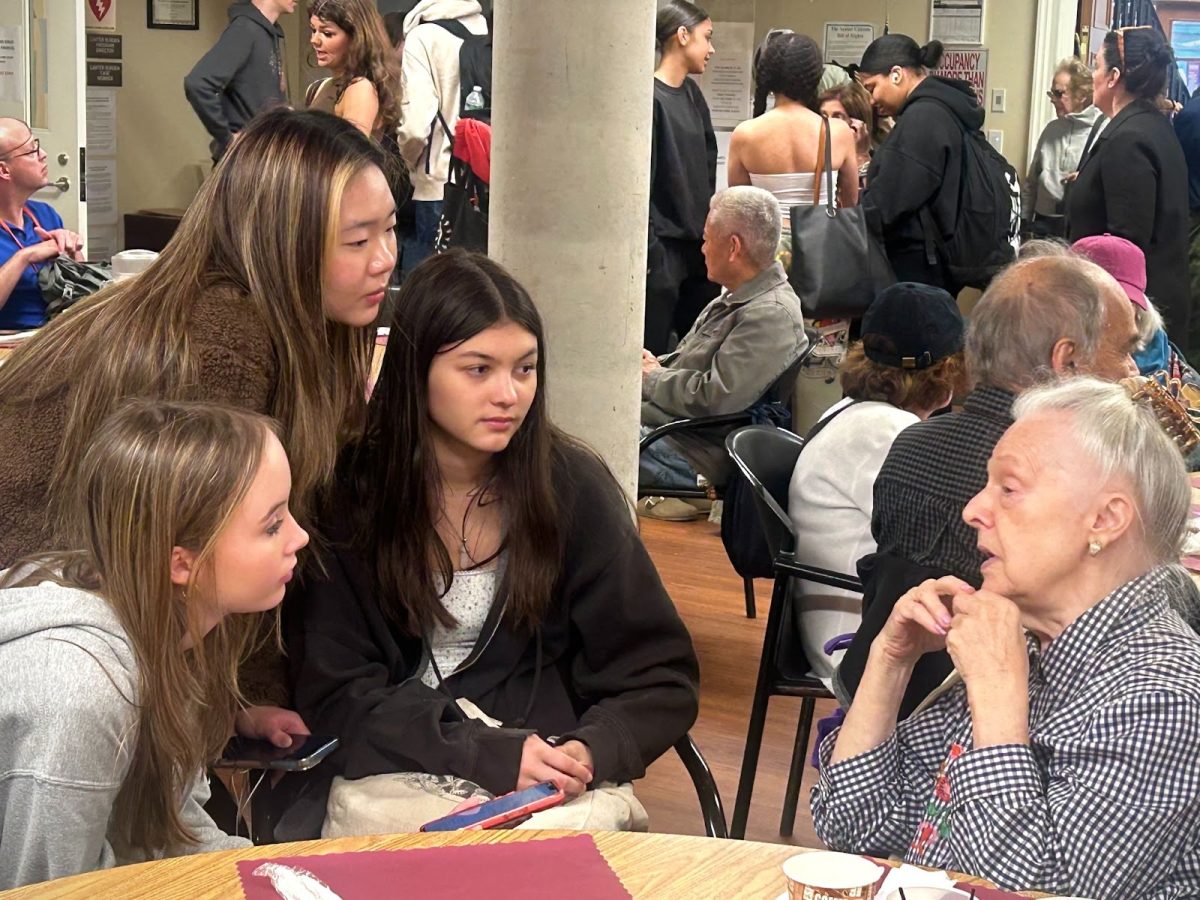Members of New York City’s community gathered Nov. 4, 2024, at Fiorello H. LaGuardia High School of Music & Art and Performing Arts for the Department of Education’s Artificial Intelligence Summit. In attendance were students, teachers, administrators, parents and parent coordinators, school counselors, city council members, and community associates.
The event was marketed as a “unique opportunity to explore the future of artificial intelligence (AI) in education,” according to Gary Beidleman, Manhattan High Schools Superintendent and Google Fellow.
“We’re here today to just welcome you, expose you, and get you interested in what AI can do for you and what it can do for your school community, not just in the workplace, but also in your private lives,” said Sean L. Davenport, another superintendent and Google Fellow, in his opening address.
In a post he published on his LinkedIn account, Beidleman credited the summit with “crack[ing] the code on how to engage students, school leaders, educators, and families in meaningful discussions about Generative Artificial Intelligence.”
He stated the goal of the summit was “to create a space for honest conversations around the responsible use of AI in schools. And that’s exactly what we did.”
A key member of the summit was the ex-NFL player and civil rights activist, Colin Kaepernick, who recently founded a storytelling AI tool called Lumi, which provides users with “the tools needed to independently create, publish, and merchandise their stories both digitally and physically.”
Kaepernick shared his positive views about AI on a discussion panel, as well as hosted a Student Leader Panel, and later in the day was given the opportunity to showcase Lumi in breakout sessions with attendees.
Also in attendance was City Council Education Chair, Rita Joseph, who has historically been in favor of introducing AI to classrooms throughout the city. On September 14, 2024, Joseph, alongside 20 other council member sponsors, passed a resolution which called for the DOE to adapt curriculum for the usage of AI.
Student journalists, podcasters, and photographers were also invited to the event in order to document the Summit, and were provided with several prompt questions by Superintendent Beidleman before the summit to further discussion and the panels and seminars.
The majority of the prompt questions provided to student journalists in advance of the Seminar appeared biased in favor of using AI in schools, as opposed to exploring whether or not AI should have a place in schools. One question read, “Some of you mentioned that AI can create shortcuts that might hinder critical thinking and independent learning. How do you think students and educators can work to preserve skills like critical analysis and creativity in an environment where AI is increasingly accessible?”
In addition to suggesting that AI becoming “increasingly accessible” in schools is a foregone conclusion, this question suggests that students and educators are the ones responsible for monitoring its use to ensure that its negative effects are reduced.
Another question was constructed to elicit a positive answer: “How has generative AI changed the way you approach studying and managing your schoolwork? Can you share specific examples of how AI has made it easier to organize assignments, create study guides, or plan your study sessions?”
The AI Summit’s panel members included high school students, data scientists, and executives in AI companies like Lumi. All panel members were in favor of further using AI in classrooms. While there was a minority of student speakers in attendance who were opposed to AI, they convened around an optionally-attended Socratic seminar that occurred after the panels and simultaneously with an opportunity for attendees to meet with representatives and partners from several AI companies, including YourwAI.
YourwAI, an New York City DOE partner, previously faced controversy for allegedly including favorable testimonials of its product on its website attributed to NYC teachers who didn’t actually exist, according to the New York Post. YourwAI responded by claiming that the teachers “were anonymized for compliance purposes,” though the testimonies have now been taken down from the site. The NY Post reported March 23, 2024, that the NYC DOE has already invested $4.3 million in YourwAI.
“Looking ahead, we’re excited to continue these important conversations and engage with even more stakeholders across Manhattan and New York City,” Biedelman shared on his LinkedIn post. “The future of AI in education is bright, and we’re just getting started!”
It would seem that regardless of how students and parents feel, the AI Summit made one thing clear: the money has been spent, and AI is here to stay in New York City education.




